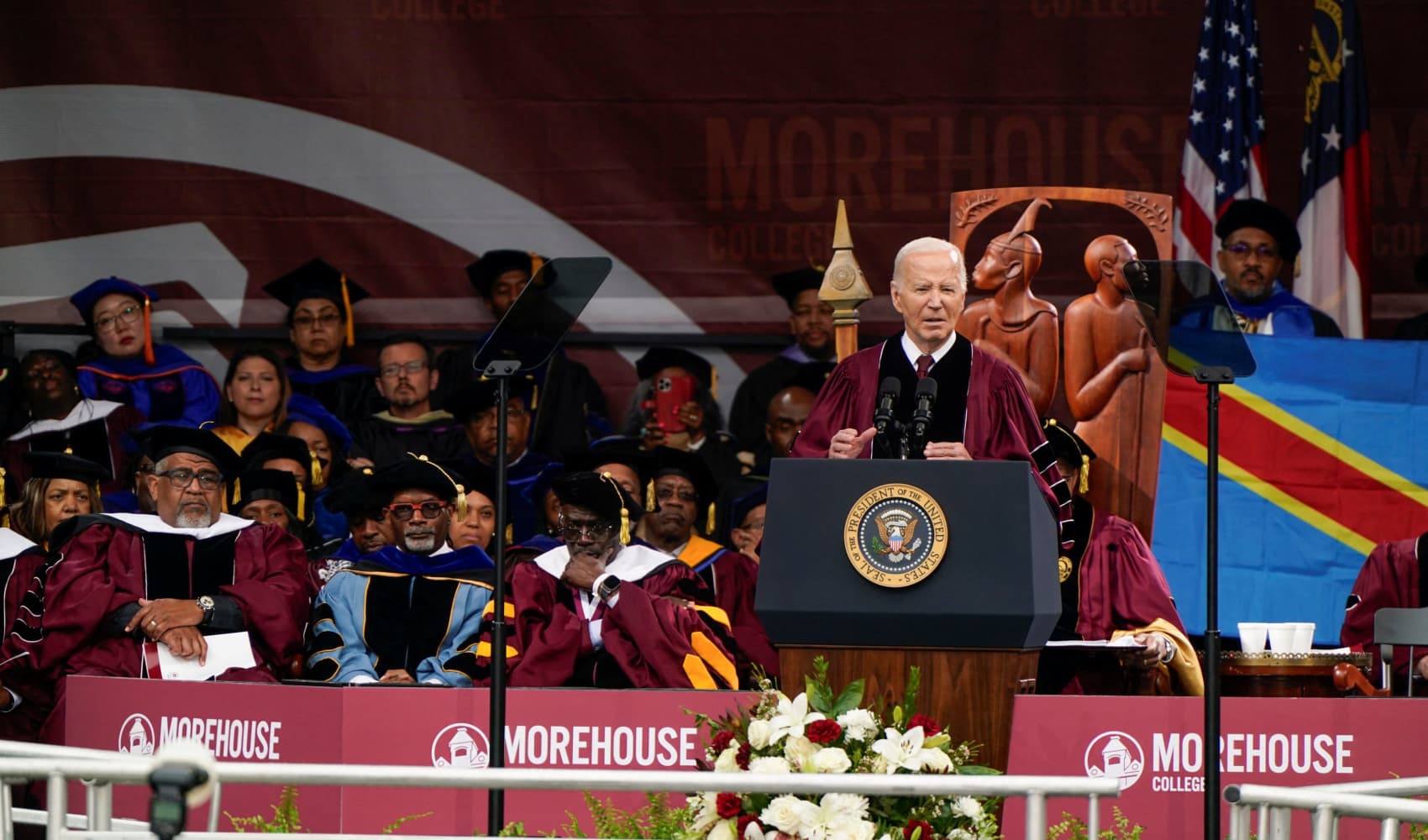
- Rents in August were just 0.28% higher than August 2022, according to RealPage.
- Compare that to a year ago, when rents were posting 11% annual growth.
- The number of new units being built is at a 50-year high, with more than 460,000 being completed this year alone.
Apartment rents have been cooling off sharply for several months, and they look like they're about to go negative compared with a year ago.
Rents in August were just 0.28% higher than August 2022, according to real estate tech platform RealPage. Compare that to a year ago, when rents were posting 11% annual growth. With the exception of a very brief drop during the Covid lockdowns, rents have not shown negative annual growth in well over a decade. When they did, it was due to a recession hitting demand.
That is not the case now. Apartment occupancies nationally are at a pretty healthy 94%, which is right along historical norms. High mortgage rates combined with high home prices and tight supply have kept more would-be buyers in the rental market. The issue instead is just a massive amount of apartment supply.
The number of new units being built is at a 50-year high, with more than 460,000 being completed this year alone. Over a million new units have been built in the past three years. That's a record, and much of that supply is on the higher end. Renters have more options, so landlords have less pricing power as turnover increases.
Get Tri-state area news and weather forecasts to your inbox. Sign up for NBC New York newsletters.
While rents nationally haven't gone negative yet, they have in several local markets. Austin, Texas (-4.9%), Phoenix (-4.9%), Las Vegas (4.7%), Atlanta (-3.7%) and Jacksonville, Florida (-3.4%) are seeing the biggest drops.
Money Report
The Midwest and Northeast regions continue to see very strong rent increases. One exception is New York, where rents were up just 1.9% annually as significant supply comes on the market.
Looking ahead, supply should remain high through next year, which will push rents lower potentially through 2025. New construction, however, has dropped sharply this year because of financing and other challenges, so there should be far less supply going into 2026, giving rents a chance to make up some ground.






